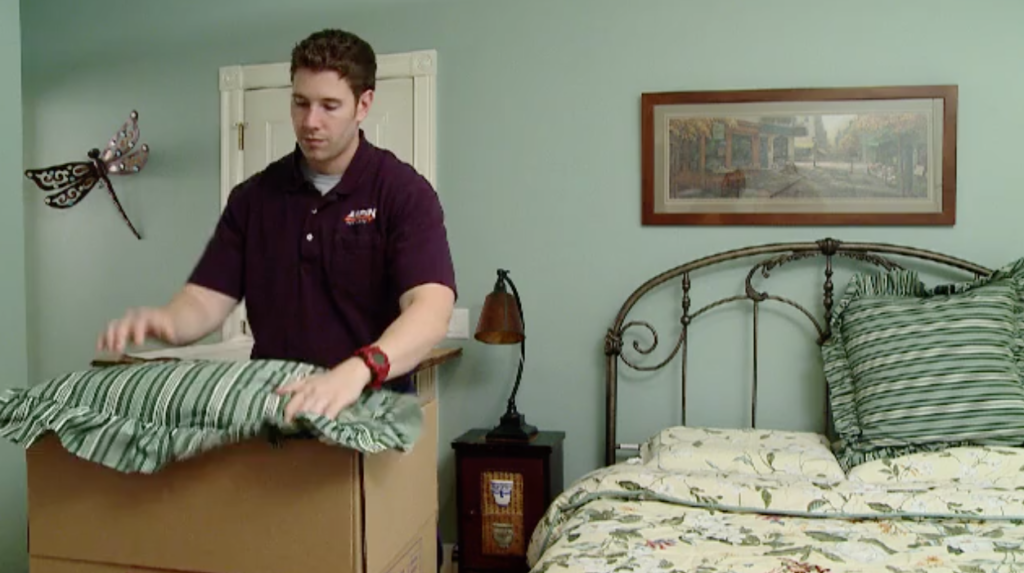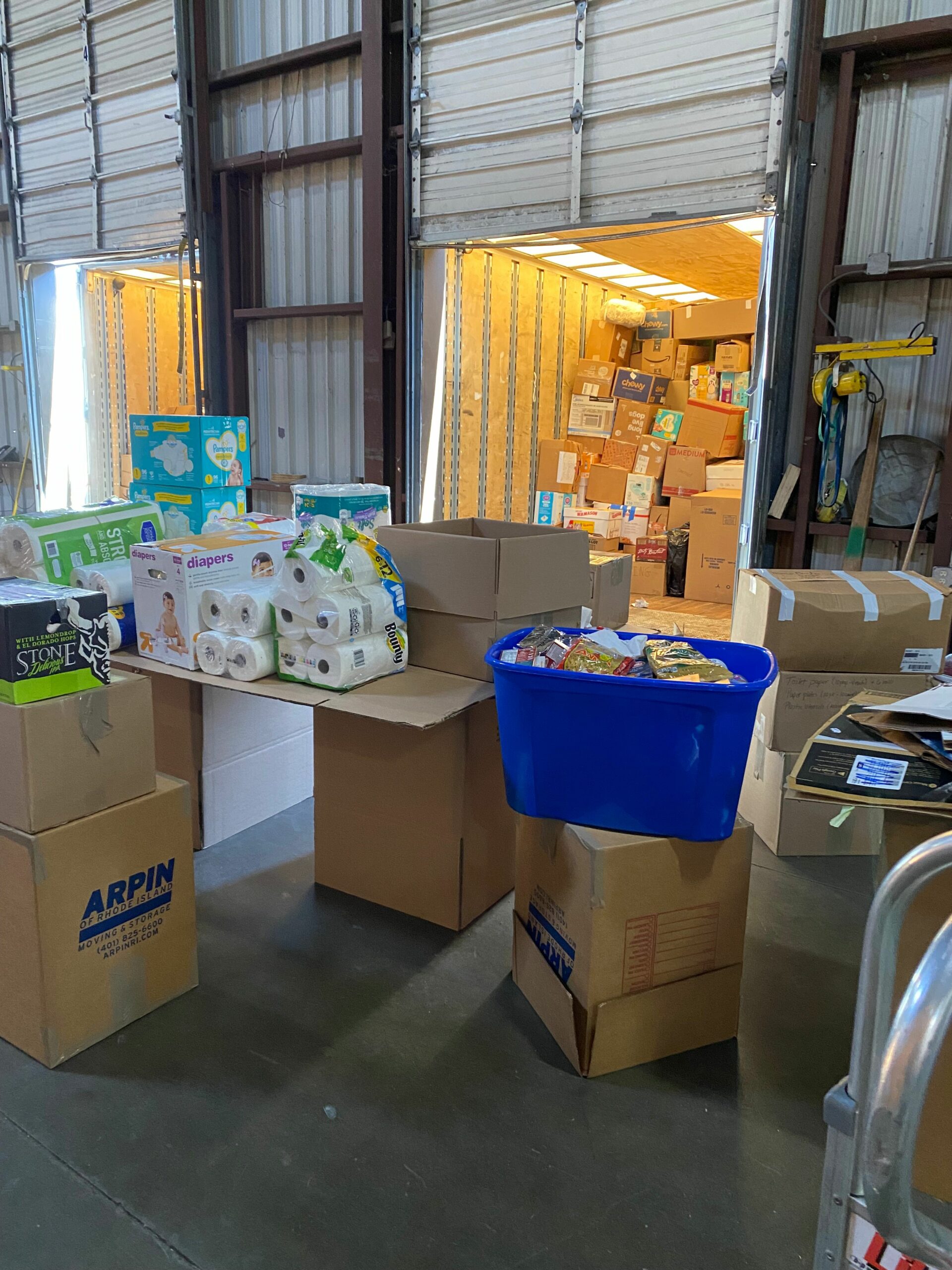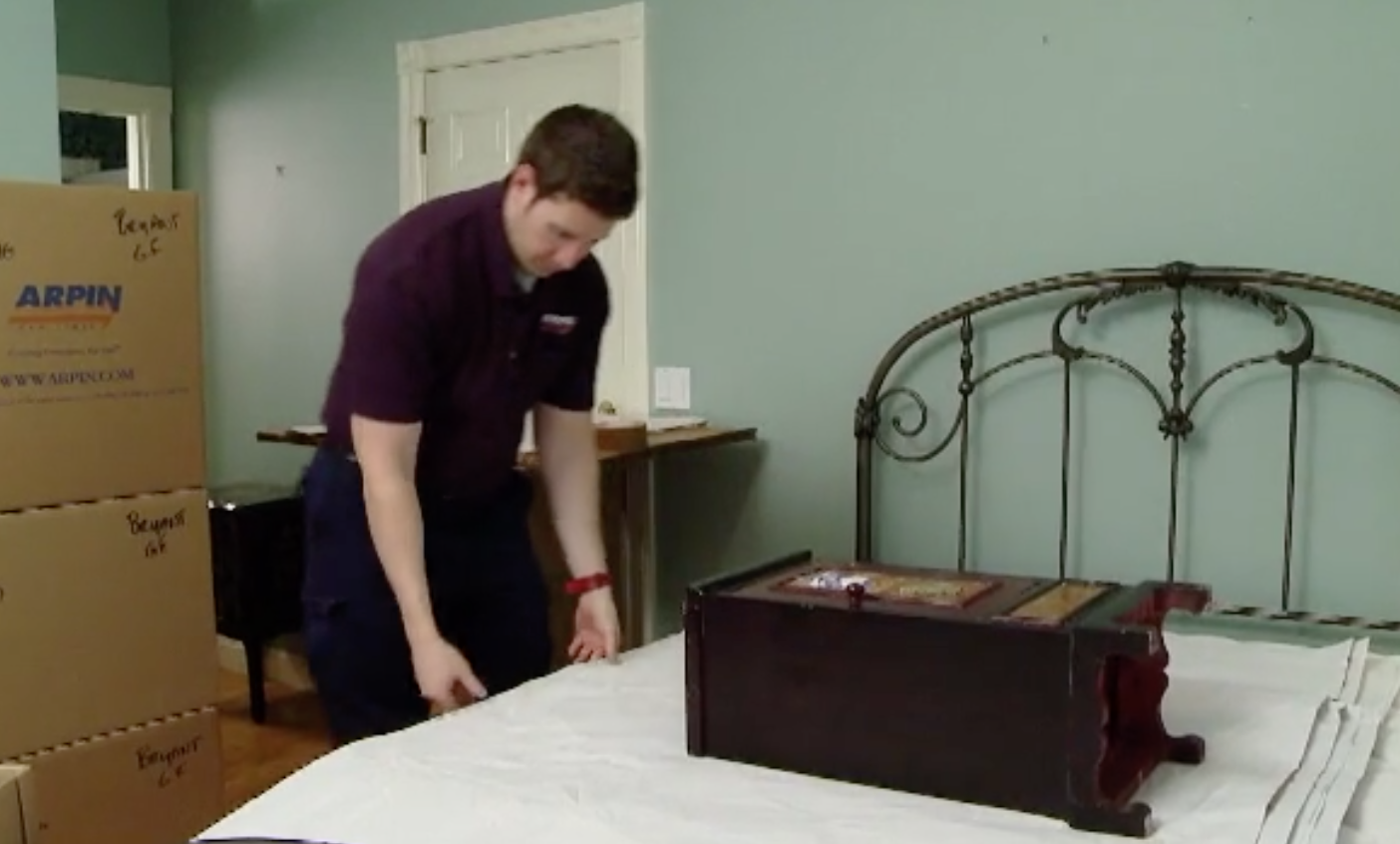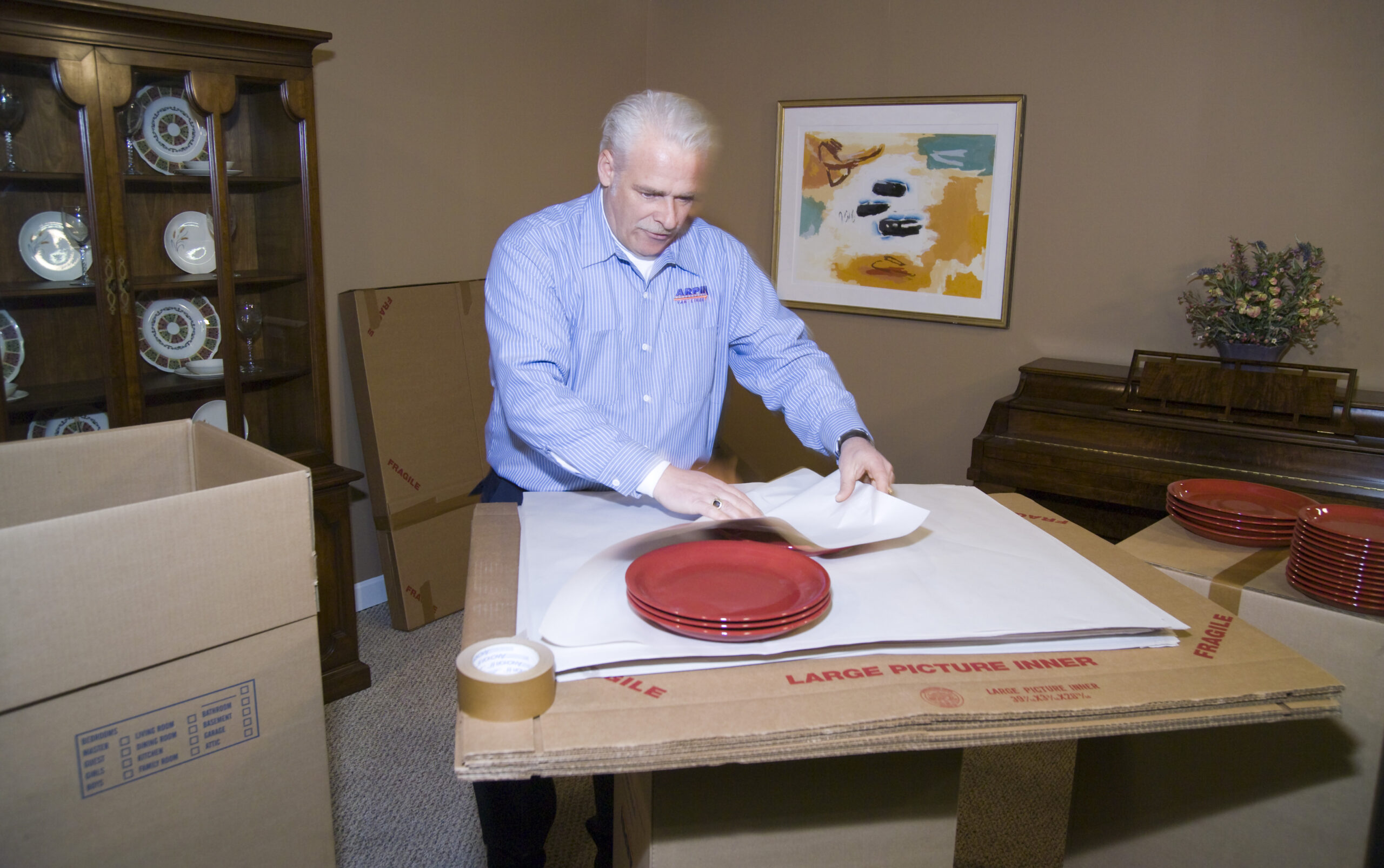Things You Need to Know Before You Start Packing
When should I start the packing process?
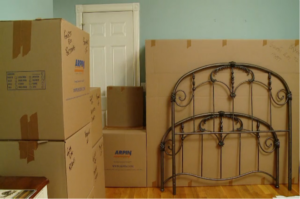 Packing items into cartons is a time-consuming process that is easily underestimated by the novice packer. Arpin Rhode Island’s professional packing staff can pack an average room in 1-3 hours depending on how many items are there are and how much space they have to work in.
Packing items into cartons is a time-consuming process that is easily underestimated by the novice packer. Arpin Rhode Island’s professional packing staff can pack an average room in 1-3 hours depending on how many items are there are and how much space they have to work in.
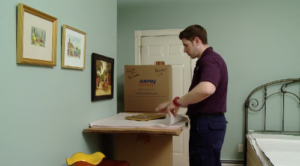 Keep in mind that professional packers are emotionally indifferent to the items that they are handling. They are only concerned with the item’s fragility and where it will go in the carton. They select an item, wrap it up, and place it in the box…no reminiscing about the history of the item, just one, two, three…done.
Keep in mind that professional packers are emotionally indifferent to the items that they are handling. They are only concerned with the item’s fragility and where it will go in the carton. They select an item, wrap it up, and place it in the box…no reminiscing about the history of the item, just one, two, three…done.
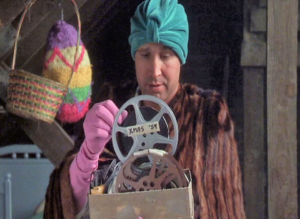 Customers, on the other hand, are very emotionally attached to these items and will inevitably stop and ponder their history. It is totally natural to be nostalgic about these items, especially those items that may have been out of sight for a while. However, all of these trips down memory lane take time away from your packing budget. In reality, you can double or triple the packing time for a customer compared to a professional packer for nostalgia alone.
Customers, on the other hand, are very emotionally attached to these items and will inevitably stop and ponder their history. It is totally natural to be nostalgic about these items, especially those items that may have been out of sight for a while. However, all of these trips down memory lane take time away from your packing budget. In reality, you can double or triple the packing time for a customer compared to a professional packer for nostalgia alone.
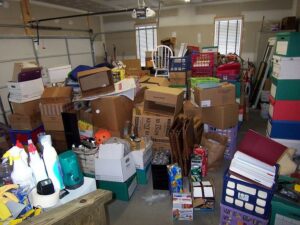
Doing the math means it will take a novice packer anywhere from 2-6 hours per room (depending on the complexity of the room). Given the fact that most people will only spend 1-2 hours packing at a time, it could take several days to complete just one room. And that’s not even factoring in fatigue, tedium, interruptions. The T-shirt slogan out of all of this is…Start early…Work steadily…. so you can be ready…for moving day.
What items should I always pack and move myself?
There are four broad classes of items that should be transported by the customer and excluded from transport on the truck:

- Items of exceptionally high sentimental value
- Items that are difficult or impossible to replace
- Items that are extremely valuable
- Items that are problematic to move
We’ll deal with them one at a time. Items that have exceptionally high sentimental value are those items that could never be replaced regardless of how much money was reimbursed. Everyone has a different definition and threshold for sentimentality, but the following are items that should be excluded from the shipment and transported by the customer themselves.
- Human remains; urns, vases, or boxes with ashes
- Photos. If photos are too heavy or bulky to take, consider taking just the negatives and/or digital backups and ship the photos (in waterproof totes)
- Certain jewelry items like rings and watches
- Letters, mail, autographs, or another one of a kind correspondence
- Childhood artwork, casts of hands, or other precious memorabilia
Items that are difficult or downright impossible to replace include:
- Birth certificates, diplomas, and awards
- Passports, visas, or immigration forms I-551 (Green card), or I-776 (Employment Authorization)
- VA forms like the DD 214, DD 256, or DD 257
- Wills, trusts, titles, car registrations, insurance policies, health policies, professional licenses, tax records, and deeds
- Medical records, current bills, active prescriptions, spare eyeglasses, veterinary records, EpiPens, or X-rays
- Digital backup of computers
Items that are extremely valuable are generally meant to include only smaller items that are easily lost. These items include:

- Jewelry; especially rings and earrings
- Watches and smaller memorabilia
- Wallets, checks, and spare credit cards
- Money, both foreign currency, and collectible US currency
- Keys, key fobs, and cable remotes
Items that are problematic to ship include firearms, ammunition, and certain liquors.
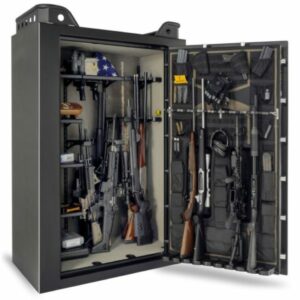 Moving firearms directly from one residence to another is straightforward since it involves just two transfers of possession; from the customer to the driver and back. However, the procedures for multiple possession transfers of firearms when a shipment goes into storage are very cumbersome. In situations where storage is expected, consider having the firearms shipped by a local dealer to a gun dealer at the destination. Locking weapons inside a gun safe when storing the shipments may be acceptable for shipments with direct delivery. (As long as the weight of the safe is manageable). However, locking them in a safe is a totally inappropriate solution for storage shipments since the weapons must be accessible to the driver at all times. Keep in mind that the weight of most gun safes is so heavy, they are beyond the capabilities of most household movers when shipped empty; much less full of weapons. If you have a large gun safe in your shipment, you may need the services of a specialty gun safe mover to move if the safe has to go up or downstairs.
Moving firearms directly from one residence to another is straightforward since it involves just two transfers of possession; from the customer to the driver and back. However, the procedures for multiple possession transfers of firearms when a shipment goes into storage are very cumbersome. In situations where storage is expected, consider having the firearms shipped by a local dealer to a gun dealer at the destination. Locking weapons inside a gun safe when storing the shipments may be acceptable for shipments with direct delivery. (As long as the weight of the safe is manageable). However, locking them in a safe is a totally inappropriate solution for storage shipments since the weapons must be accessible to the driver at all times. Keep in mind that the weight of most gun safes is so heavy, they are beyond the capabilities of most household movers when shipped empty; much less full of weapons. If you have a large gun safe in your shipment, you may need the services of a specialty gun safe mover to move if the safe has to go up or downstairs.
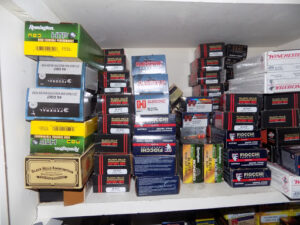 Ammunition should always be exhausted before moving, resold, or given away.
Ammunition should always be exhausted before moving, resold, or given away.
 Liquor of all types is absolutely legal to move inside the US. (Moving liquor outside of the US is not recommended since it requires special excise taxes to clear customs.) Spirit liquor (Whiskey, Vodka, etc.) generally travels well regardless of temperature. However, wine is very susceptible to spoiling in the heat summer and freezing, and breaking in the cold of winter. Consider using up wine supplies before the move or if you have to move in extreme temperatures, consider using the services of a specialty wine relocation service.
Liquor of all types is absolutely legal to move inside the US. (Moving liquor outside of the US is not recommended since it requires special excise taxes to clear customs.) Spirit liquor (Whiskey, Vodka, etc.) generally travels well regardless of temperature. However, wine is very susceptible to spoiling in the heat summer and freezing, and breaking in the cold of winter. Consider using up wine supplies before the move or if you have to move in extreme temperatures, consider using the services of a specialty wine relocation service.
What kinds of items are prohibited on the truck?
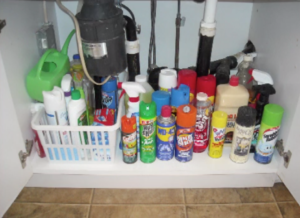 Homes in America typically have large supplies of chemicals, cleaners, solvents, and paint as part of the supplies needed to live properly in the 21st century. Look under the sink, in the laundry room, in the basement, or in the garage, and you’re bound to see dozens, if not hundreds of bottles, cans, and sprays of all shapes and sizes. These items represent a toxic soup of harmful chemicals if they were to escape their container.
Homes in America typically have large supplies of chemicals, cleaners, solvents, and paint as part of the supplies needed to live properly in the 21st century. Look under the sink, in the laundry room, in the basement, or in the garage, and you’re bound to see dozens, if not hundreds of bottles, cans, and sprays of all shapes and sizes. These items represent a toxic soup of harmful chemicals if they were to escape their container.
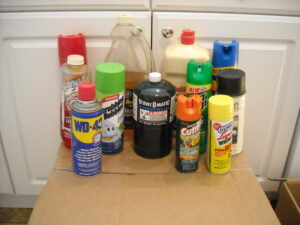 Many if not most of these toxic consumable items like cleaners, automotive liquids, paints, and fertilizer are not candidates to be included on a moving truck and certainly should never be packed in the same box for that matter. The best option is to whittle down your supply through natural attrition and replace the specific items as needed after the move is completed. If you aren’t able to deplete your supply, consider giving the remaining items to friends, family, or neighbors. As a last resort, bring these items to a specialized recycling center rather than sending them to a landfill.
Many if not most of these toxic consumable items like cleaners, automotive liquids, paints, and fertilizer are not candidates to be included on a moving truck and certainly should never be packed in the same box for that matter. The best option is to whittle down your supply through natural attrition and replace the specific items as needed after the move is completed. If you aren’t able to deplete your supply, consider giving the remaining items to friends, family, or neighbors. As a last resort, bring these items to a specialized recycling center rather than sending them to a landfill.
The following food items should never be packed in a carton on an interstate shipment.
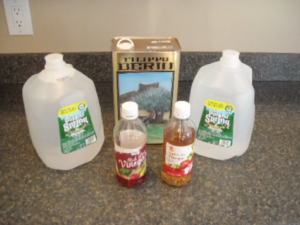 Large jugs of vinegar or oil. These items are inexpensive to replace but can cause incredible damage to the shipment items if they were to leak. Nobody wants to make their shipment into a giant truck salad. Use these foods up or give them away before you move.
Large jugs of vinegar or oil. These items are inexpensive to replace but can cause incredible damage to the shipment items if they were to leak. Nobody wants to make their shipment into a giant truck salad. Use these foods up or give them away before you move.
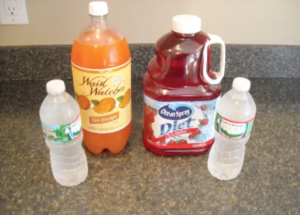 Large vessels of soda or water. Large vessels of liquids present a huge liability if they were to leak and are easily replaced at the destination.
Large vessels of soda or water. Large vessels of liquids present a huge liability if they were to leak and are easily replaced at the destination.- Unsealed containers of cooking oil. As with the other liquids, the risks of moving unsealed liquids vastly outweigh the benefit of keeping the fractional amount.
- Aerosol cooking sprays may explode if exposed to extreme heat.
- Any liquid container without a resalable top (a top that either screws on or snaps closed.) This includes many pump or spray bottles that do not have a locking top.
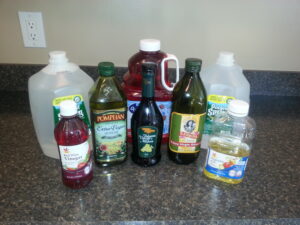
- Foods that come in large glass jars or bottles. As with the other
large vessels, a ten-dollar bottle of pickles or mayonnaise can do thousands of dollars’ worth of damage if broken on the truck.
The following kitchen and bath items should never be packed in a carton on an interstate shipment.
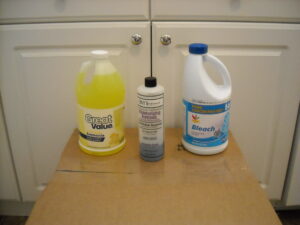 Any liquid container without a top that either screws on or snaps closed. Health and
Any liquid container without a top that either screws on or snaps closed. Health and
beauty aids, hair sprays, and perfumes are very aromatic and can contaminate an entire
truck if they leak.- All caustic chemicals like bleach (Clorox), ammonia, acetone (nail polish remover), and lye (liquid toilet bowl cleaners). A carton of items from under a sink is a veritable chemistry experiment waiting to happen. Mixing certain everyday chemicals can lead to fire and poison gas if mixed accidentally.
 All flammable items like aerosol cans (air freshener, nail polish, or deodorant, lubricants (3 in 1 oil or WD-40), and fuels (lamp oil, lighter fluid, or Sterno). All of these are both flammable and under pressure. Temperatures inside a closed moving truck can exceed 140 degrees F in the summer, well beyond the manufacturer’s design limits for the cans.
All flammable items like aerosol cans (air freshener, nail polish, or deodorant, lubricants (3 in 1 oil or WD-40), and fuels (lamp oil, lighter fluid, or Sterno). All of these are both flammable and under pressure. Temperatures inside a closed moving truck can exceed 140 degrees F in the summer, well beyond the manufacturer’s design limits for the cans.- Any container with liquid or gel without a re-sealable top. This includes some non-aerosol sprays, some hand lotions, and some perfumes. These items generally will not harm an entire shipment, but they can ruin everything else that is packed with them in the box if they leak.
The following laundry, basement, or garage items should never be packed in a carton on an interstate shipment.
 All cleaning chemicals like ammonia and bleach. Mixing ammonia and bleach can cause the formation of poisonous chlorine gas. This gas can cause fires, explosions, irreparable lung damage, or even death.
All cleaning chemicals like ammonia and bleach. Mixing ammonia and bleach can cause the formation of poisonous chlorine gas. This gas can cause fires, explosions, irreparable lung damage, or even death.- All liquid fuels such as gasoline, diesel, kerosene, and lighter fluid. (Any plastic containers that have held these fuels in the past must be washed out and dried to eliminate explosive vapors.) These liquids are “volatile” which means they evaporate at room temperature. The off-gasses produced are very explosive, especially in a confined environment like a moving van.
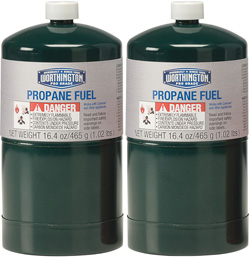 All pressurized gases such as propane, butane, or welding gasses. Another name for these items would be “bombs“.
All pressurized gases such as propane, butane, or welding gasses. Another name for these items would be “bombs“.- All solvents such as paint thinner, ethanol alcohol, turpentine, or paint removers. Solvents by their nature are designed to breakdown other chemicals. This means they are very reactive with other chemicals and can produce noxious, if not deadly fumes if mixed accidentally.
- All aerosols such as spray paint, starter fluid, or insecticides. As with the solvents, these are toxic bombs just waiting to go off. Avoid them at all costs.
Items to be on the look-out for when packing yourself
There will be items mixed in drawers and cabinets that should not be packed. Typically, these are component or accessorial pieces of built-in items or items that are only useful in the local area.
These types of items include:
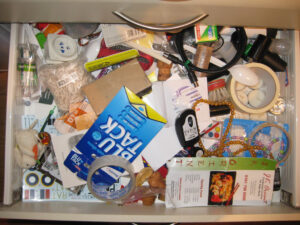 Temperature sensors for the range or microwave
Temperature sensors for the range or microwave- Broiler pans and spare racks for the stove
- Garbage disposal wrenches
- Manuals for the larger appliances
- Menus, coupons, and gift
- certificates for local restaurants
- Attachments to the central vacuum system
- Remotes to cable systems
- Phone books and yellow pages (ha)
- Video Rentals (ha-ha)
- Library books (ha-ha-ha)
The persons who are packing the should always be on the lookout for these hidden items that
should stay with the residence. Shipping them back from the destination is costly and irritating.
